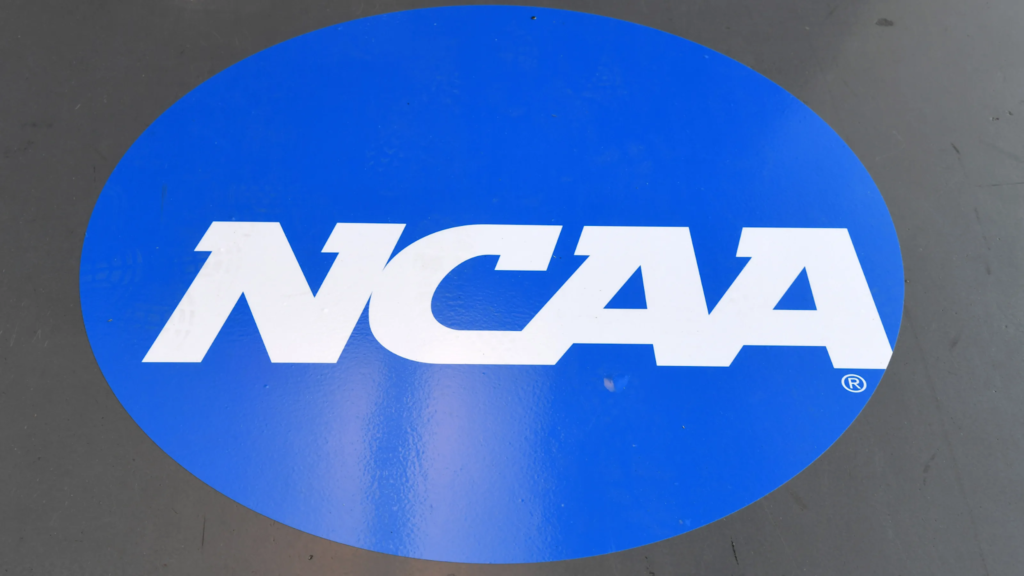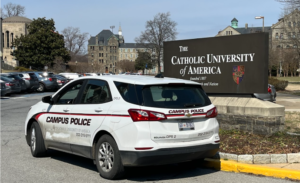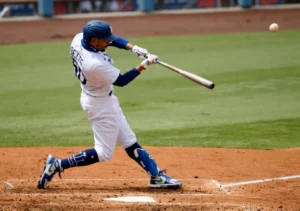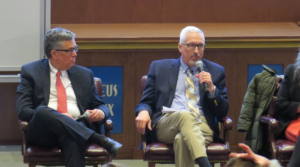NCAA to Allow College Athletes to Profit off of Their Name, Image, and Likeness

Image Courtesy of USA Today
For many years the NCAA has profited off of the fame of athletes who play at top Division I schools while forbidding those same athletes from earning anything for themselves. Athletes like Trevor Lawrence, who was recently taken first overall in the NFL Draft by the Jacksonville Jaguars, were effectively prohibited from using what is referred to as their NIL, or Name, Image, and Likeness, to build a brand for themselves. This all changed on July 1, however, when the NCAA announced that they would be rescinding this rule and allowing players to sign endorsement deals with companies.
This rule change came in the wake of a unanimous Supreme Court decision, in which the court held that the NCAA cannot restrict education related benefits that colleges can give to athletes. Although Associate Justice Neil Gorsuch, who wrote the Court’s opinion, stated that the Court limited its scope to only compensation related to education, in a concurring opinion Associate Justice Brett Kavanaugh wrote, “the NCAA’s business model would be flatly illegal in almost any other industry in America.” These statements seem to indicate that should further cases regarding the NCAA’s business practices, the Court would rule in a similar manner.
Many student athletes have been lobbying the NCAA to change its rules to this effect for a long time, which is evidenced by the fact that many athletes had signed brand deals within days of the ruling. Haley and Hanna Cavinder, twin sisters who play for the Fresno State Women’s Basketball team, signed with Boost Mobile minutes after the rule change went into effect to become the first college athletes to make money off of their NIL rights.
Other athletes who have signed brand deals include Auburn University quarterback Bo Nix, who signed with Milo’s Sweet Tea, and Arkansas wide receiver Trey Knox, who, with his dog Blue, signed with PetSmart.
While conventional wisdom would say that the players who stand to earn the most from these new rule changes are the big players on big teams at big schools (i.e. Zion Williamson from Duke’s Men’s Basketball team, Tua Tagovailoa from Alabama’s Football team, etc.), this is actually not the case. The aforementioned Cavinder sisters are believed to have the highest earning potential from NIL rights, as they have amassed over 3 million TikTok followers and 67,000 YouTube subscribers. Many other players from less popular sports are also estimated to have higher earning potential due to large social media followings, such as Trinity Thomas from the University of Florida’s Gymnastics Team.
While allowing players to make money off of NIL rights is a far cry from what many players wanted, it is still a step in the right direction for the NCAA. Whether or not this change will open the door for college athletes being paid directly by their schools remains to be seen, but for now players can rest assured that the many difficulties of being a D1 athlete will not go fully uncompensated.





